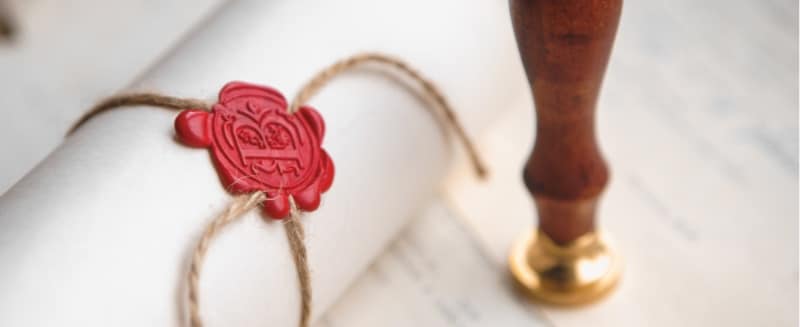How to sell your 1031 exchange inheritance in order to avoid complications with taxes after the sale.
Q: I have inherited a 1/3 interest in a property that is part of a 1031 exchange. The total value of the property is being split between 3 heirs and is worth about $150,000.
Is there any way I can cash out my portion? The lump sum would be better than the small monthly payout, since it is being distributed three ways. I believe my dad held the exchange right for approximately two years before his passing. I cannot find information on selling the rights, or anyone else inheriting a property that is part of a 1031 exchange to compare or discuss circumstances.
A: This is a more complicated question than you may realize, so let’s step back and explain the concepts. A 1031 exchange (also known as a Starker Trust or a like-kind exchange) is a process generally used in investment real estate transactions. When the owner of a property wants to sell his or her current property but does not want to pay federal income taxes at that time, the owner can set up a 1031 exchange at the time of the sale.
Here’s how it works: The seller conveys the property to a buyer and all the proceeds from the sale get parked with a company that handles 1031 exchanges. At that point in time, the seller has 45 days to designate a new property to buy and the new property purchase price must be equal or higher than the property sold. Once a new property is identified, the closing of that new property must occur no later than 180 days following the closing or settlement of the old property. When it comes to real estate, any type of investment real estate can be exchanged or another investment real estate property. So a 4-unit rental building can be exchanged for a farm so long as both are used for investment purposes.
Any taxes that would have been owed at the time of the sale are deferred as long as the 1031 exchange is open. Once the property is sold, any deferred tax would have to be paid.
Given what you describe, it seems that your dad sold off an old property and invested the proceeds in a new real estate investment. But the new investment isn’t quite what we described above. Your dad probably purchased an interest in a piece of real estate that is owned in common with other investors. These are often referred to as a TIC investment or a Tenant-In-Common investment. And, there are other investment options that may have allowed your dad to become less involved in real estate while his money was still in real estate.
Now that you want to sell, there are some steps you can take to figure out how to get out of the investment your dad put his money into. Call the company and determine how you exit the investment. Frequently, real estate investments of this type can be very illiquid. That would mean it’s going to be hard for you to sell the investment. But, there are some types of real estate investments that are traded and a seller is more easily able to sell the investments.
But this particular investment may not be able to be downsized (meaning, you get rid of your share but the other owners stay in the investment). The way your father owned his investment is key. If you want to sell your ⅓ interest, you and the other owners might be required the entire investment to be sold. On the other hand, you might be able to have the other owners buy you out without selling the entire property.
The 1031 exchange should have information on what is possible, what fees you’ll have to pay to either sell your share, liquidate the investment or sell to your co-owners. Be sure to ask what happens if you liquidate now or wait until the investment “matures.” Do your research and make sure you understand the short-term and long-term ramifications, not to mention the effect any sort of sale will have on your federal and state income taxes.







Leave A Comment